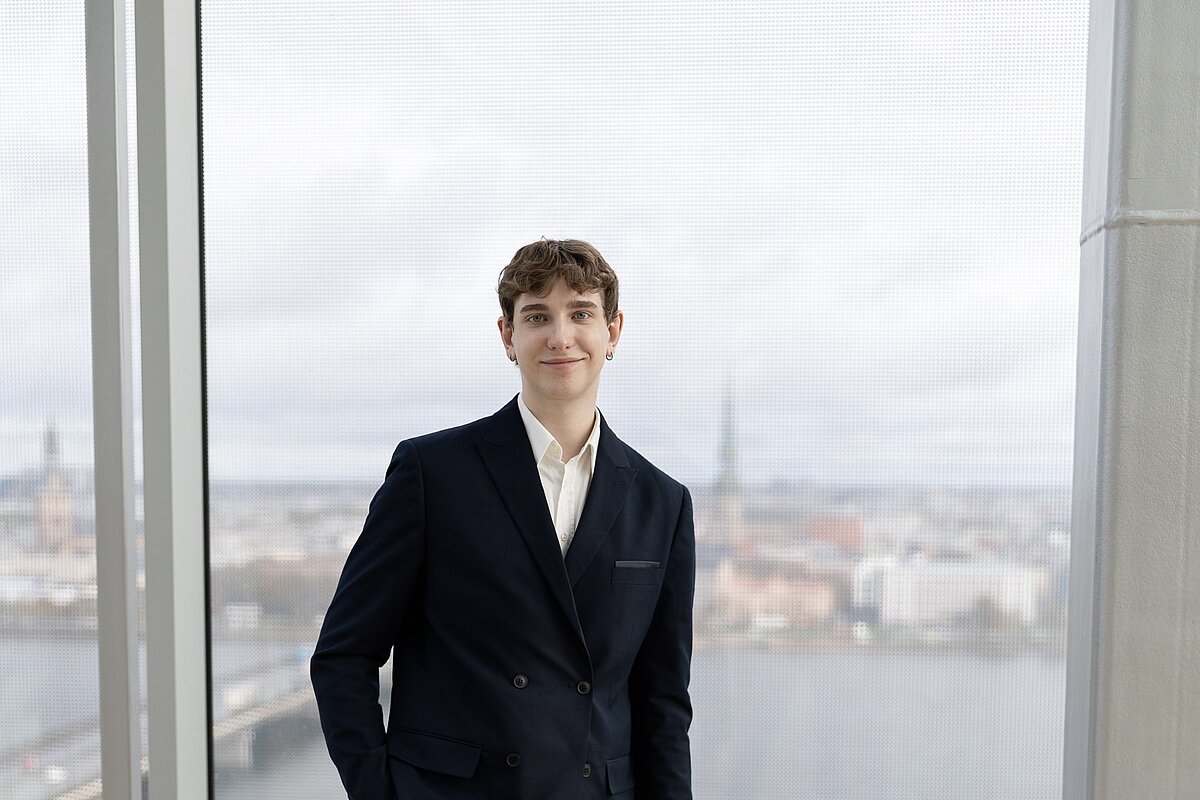
“The creation of the new position confirms the commitment of the University of Latvia to implement international trends in the field of sustainability, to ensure the compliance of the University’s activities with national and international requirements. My role will be to institute a comprehensive strategy for sustainable development while promoting systemic change. It is no less important to shape the University community on the basis of the sustainability principles in order to implement various initiatives, for example, to develop the UL Community Garden in the Academic Centre in Torņakalns”, says Renārs Kairis, UL head of sustainable development. To date, he served as the chairman of the UL Eco-Council. “The goal of the University of Latvia is to strengthen the University itself, to increase knowledge and encourage society to act.”
UL intends to develop and implement horizontal initiatives in its core activities, embracing the UN sustainable development goals, thereby ensuring the development of UL in accordance with global environmental, social, governance (hereinafter – ESG) requirements and best practices.
“Looking back at the accomplishments of UL Eco-Council, we have developed the UL Sustainable Development Policy, obtained the international green flag for the UL’s performance in the field of environmental education, protection and sustainable development,” emphasizes UL Vice-Rector for Development Enno Ence.
Encouraging a change of habits in the University community, many educational lectures and seminars have been held, waste sorting has been improved by installing 84 waste containers, actions based on circular economy principles have been implemented, and drinking water fountains have been provided.
“One of the most extensive practical initiatives that we have started is establishment of the UL Community Garden to create a place to work, learn and spend time together, while improving the city environment and contributing to biodiversity,” Kairis describes the performance of the UL Eco-Council to date.
Along with practical activities, an evaluation based on external criteria has already been carried out under the leadership of the UL Eco-Council, identifying the areas of activity in which improvements can be made in order to enhance the performance, while promoting the change of habits that foster environmental and social sustainability in the University and in society as a whole.
In the future, the UL head of sustainable development will be responsible for ensuring compliance of regulatory documents with ESG principles, as well as developing policies and procedures in accordance with global sustainable development goals. Furthermore, he will supervise the work of the UL Eco-Council, establish cooperation with state and non-state organizations, implement educational programmes and introduce other initiatives for promoting sustainability.

 CONFERENCE
CONFERENCE